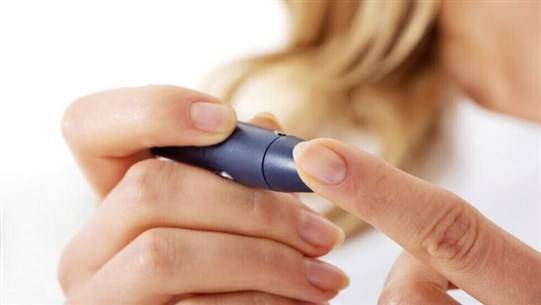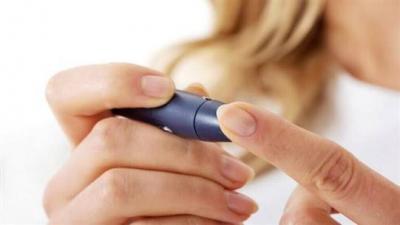Diabetes occurs when the body cannot absorb sugar (glucose) in its cells and use it for energy, resulting in additional sugar accumulation in the bloodstream. Diabetes is a common disease that can have severe consequences. There are two different types of the disease: type 1 and type 2.
In type 1 diabetes, the body's immune system attacks and destroys insulin-producing cells, meaning the body cannot produce any insulin. Type 2 diabetes, which is more common, occurs when the body cannot produce enough insulin or when body cells do not react to insulin. If left untreated, it can cause various health problems due to large amounts of glucose damaging blood vessels, nerves, and organs.
Diabetes is often described as a "silent killer" because many people with the condition are unaware of it, as it frequently does not show early symptoms. However, there are some key signs of diabetes that can be observed in both types of the disease, including feeling thirsty, urinating more frequently than usual (especially at night), feeling extremely tired, weight loss, and loss of muscle mass.
While these are the most well-known symptoms of diabetes, there are also "surprising" signs that can be noticed in diabetic patients, which include:
1. **Itching Problems**: One surprising sign is genital itching or thrush. Yeast infections are common in diabetics because sugar helps the growth of Candida. The National Health Service (NHS) indicates that those with poorly controlled diabetes may suffer from this condition. This is often because high blood sugar levels also mean high levels in other body parts, such as sweat, saliva, and urine, leading to yeast growth and resulting in thrush.
2. **Wounds and Ulcers**: Often, if you have diabetes, your immune system may struggle to control skin wounds and infections, according to health experts at Health Partners in Bloomington, Indiana. They state that "high blood sugar can alter blood chemistry in ways that reduce bodily defenses and slow down immune function." This, in turn, means that wounds and ulcers will take longer to heal. For many diabetics, this often results in foot ulcers, and your doctor will be able to help treat this.
3. **Blurry Vision**: Blurry vision is also a common symptom among diabetics. Experts at Johns Hopkins Medicine say that diabetes can damage the macula (or yellow spot), which is the center of the retina that provides straight vision. If you have uncontrolled diabetes, you may have leaking blood vessels, which can lead to blurred or distorted vision.
4. **Skin Disorders**: Skin disorders are prevalent among diabetics due to high blood sugar levels affecting blood vessels and nerves. A common condition is acanthosis nigricans (AN), characterized by dark, thick, velvety patches in skin folds and creases, mainly affecting the armpits, groin, and neck.
5. **Hair Loss**: According to Barb Sirvone, a nutritionist and diabetes care educator, one "surprising" symptom of diabetes can be hair loss. She explained on VeryWell: "Hair loss is often associated with type 1 or type 2 diabetes. Certain issues caused by diabetes are believed to lead to hair loss, including an autoimmune disorder called alopecia, poor blood circulation, and high blood sugar."




